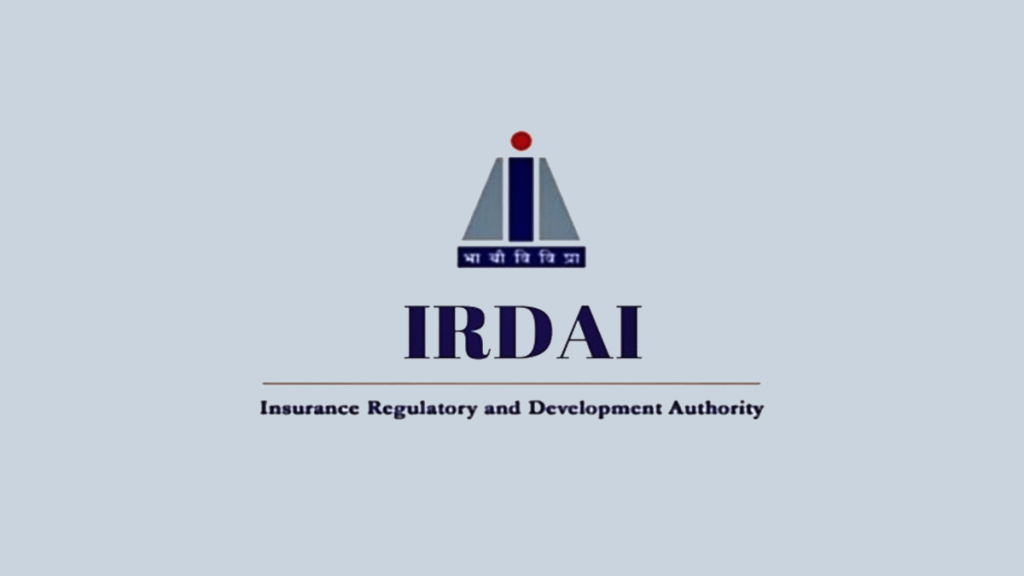The Insurance Regulatory and Development Authority of India (IRDAI) recently issued Master Guidelines for the insurance companies regarding Anti-Money Laundering and Counter-Terrorism Financing. The new amendments consolidate and replace other insurance regulatory standards issued in the past, such as the Insurance Act 1938, which has since been reiterated.
The Master Guidelines apply to every insurance company, including those that provide life, general, or health insurance. The insurance act was approved on August 1st, 2022, and will go into effect on November 1st, 2022.
Updated insurance regulations is an attempt to strengthen compliance of the insurance companies while also increasing transparency. India currently ranks 10th in the global life insurance market. The country’s market is larger than that of China or the United Kingdom. It is, however, vulnerable to money laundering. The IRDAI act aims to drastically reduce the amount of unaccounted money and prevent financial crimes in the insurance industry.
The Impact of IRDAI Master Guidelines

Compliance requirements help insurers to know the true identity of a consumer. This helps them make accurate decisions on their policies and plans. It also helps them to identify any fraudulent transactions made by customers who may be trying to defraud the companies by using fake documents or even stolen identities.
By strengthening the KYC process, legislators aim to prevent money laundering and other financial crimes through insurance policies. The main purpose of these rules is to check whether or not the policyholder has any criminal history that could lead to a potential for fraud and abuse.
In order for an insurer to carry out its duties under IRDAI act, it must first verify its clients’ identity by asking them questions about their personal details such as proof of address, before giving them access to their policy documents.
Key Changes in Master Guidelines
The new guidelines contain a number of changes to the existing requirements, including:
- IRDAI now requires a robust AML and CF program that reflects the current statutory and regulatory requirements. It must include a Client Due Diligence Program covering all aspects of the regulation. The program should be approved by the board and reviewed on a periodic basis.
- Insurance companies should implement a comprehensive KYC process that helps them identify the beneficial owner of an account. This will help them provide better risk assessment services to their clients in India.
- KYC is no longer limited to a certain premium amount. Insurers are required to perform KYC for every new relationship.
- Periodic risk management reviews should be conducted at least once a year to ensure the insurer’s strict adherence to the laid down process and a strong ethical and control environment.
- Every employee must receive training regarding AML and CFT prevention and the company’s policies.
IRDAI Master Guidelines in Detail

Life insurance and other insurance businesses operating in India must follow IRDAI guidelines. The guidelines detail the necessary actions companies must take to maintain compliance. Let’s take a brief overview of the most important parts.
Know Your Customer (KYC) Norms
- Insurers are required to make reasonable efforts to determine the true identity of customers.
- Effective procedures should be implemented to obtain the requisite details for the proper identification of new or existing customers.
- If a client is a legal entity, Indian insurance companies should take steps to identify the client and its beneficial owners.
- Documents required to verify juridical persons:
- The name, legal form, and proof of existence
- Powers that regulate and bind the juridical persons,
- The address of the registered office or main place of business
- Authorized individual person, who is purporting to act on behalf of such client
- Establishing Beneficial owner
- Documents required to verify natural persons:
- Proof of address
- Recent photograph
- Identity documents
- Types of KYC allowed:
- Aadhaar based KYC through Online Authentication
- Aadhaar based KYC through offline verification
- Digital KYC as per PML Rules
- Video Based Identification Process (VBIP)
- By using KYC identifier allotted to the client by the CKYCR
- by using officially valid documents
- Businesses, such as general insurance companies, should perform KYC periodically. For an existing low-risk customer, it can be done every 2 years. Meanwhile, high-risk customers are subjected to KYC once a year.
Client Due Diligence (CDD) Norms
- Insurers must perform client due diligence with valid KYC documents at the time of commencement of account-based relationship.
- Client due diligence with KYC should be done for the existing customers periodically.
- Any change which is inconsistent with the normal and expected activity of the customer should attract the attention of the insurers for further ongoing due diligence processes.
- Necessary due diligence should be carried out of the policyholders, beneficiaries, legal heirs, and assignees before making the pay-outs.
- Due diligence is important in case the policy has been assigned by the policyholder to a third party not related to them (except when the insurance policy is assigned to Banks, FIs, Capital market intermediaries regulated by IRDAI).
Simplified Due Diligence (SDD) Norms
- Simplified measures can be applied by the insurer in the case of individual policies, where the aggregate insurance premium is not more than Rs 10000/ – per annum. Except when there is a suspicion of money laundering or terrorist financing or where specific higher-risk scenarios apply.
- Documents for SDD:
- Identity card with applicant’s Photograph issued by Central/State Government Departments, Statutory or Regulatory Authorities, Public Sector Undertakings, Scheduled Commercial Banks, and Public Financial Institutions
- letter issued by a gazetted officer, with a duly attested photograph of the person.
Enhanced Due Diligence (EDD) Norms
- Prior to making a transaction, insurers should:
- Verify the identity of the clients.
- Examine the ownership and financial position, including the client’s source of funds relative to the assessed risk of customer and product profile which may include.
- Conduct independent inquiries on the details collected or provided by the customer.
- Consult a credible database.
- Insurers should examine the background and purpose of all complex, unusually large specified transactions, and all unusual patterns of transactions, which have no apparent economic or lawful purpose.
- Conducting enhanced due diligence should not be limited to merely documenting income proofs. It would mean having measures and procedures which are more rigorous and robust than that of normal KYC. Examples include:
- More frequent review of the customers’ profile or transactions.
- Application of additional measures like gathering information from publicly available sources or otherwise.
- Review of the proposal/contract by a senior official of the insurers.
Conclusion
The Master Guidelines issued by the Insurance Regulatory and Development Authority of India (IRDAI) aim to increase transparency and strengthen financial crime prevention. The regulation pushes businesses, such as general insurance companies, to implement AML and CFT measures.
The updated guidelines come into effect on November 1st, 2022. Insurance companies are encouraged to prepare and implement the changes rapidly.



